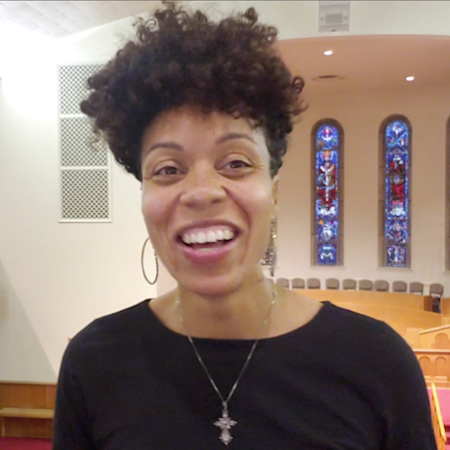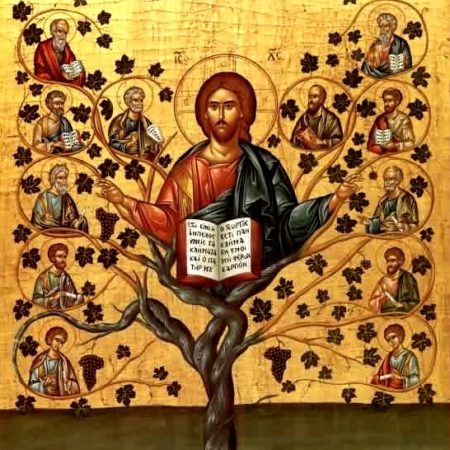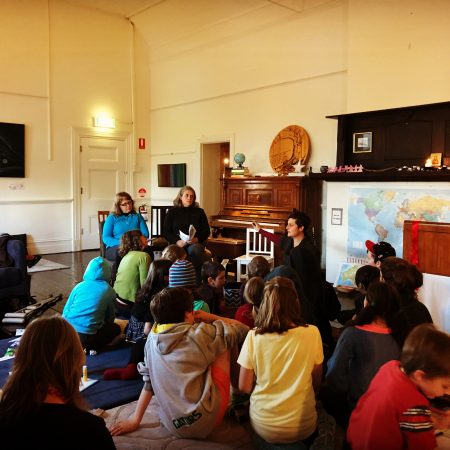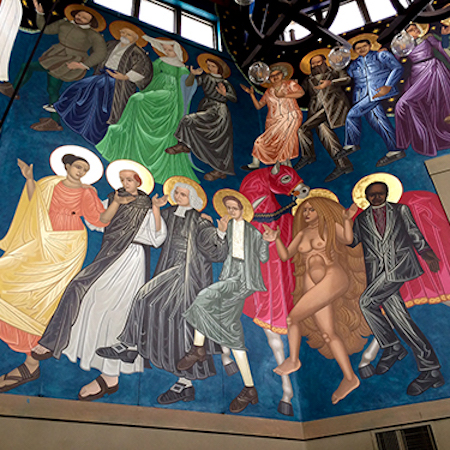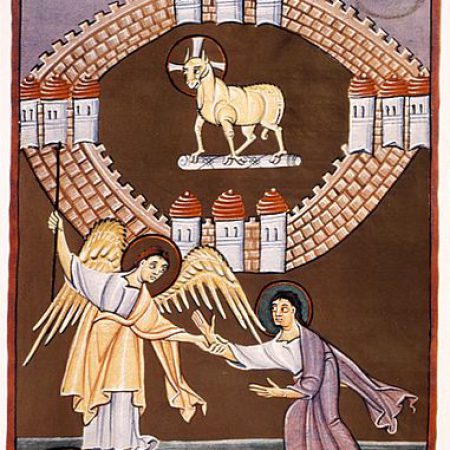God’s generosity provides the context for our worship and the model for our living, especially when we are faced with hostility.
Sermons on Worship
Paul’s word play on drunkenness is both a useful contrast and a useful comparison for Christian living.
In the face of global suffering, we continue to give praise for the power that is working on the side of love, and we unite our power with God’s power until we see God’s will being done.
The gift of tongues can be a valuable part of our private spirituality, but the needs of public worship require something more than the private intimacies of our spirituality.
The God revealed to us in Jesus and experienced through the Holy Spirit is so dynamic and multi-facetted that we may find it hard to believe that we are always dealing with the one God.
Jesus shows us that being overly cautious about the boundaries of personal space and touch can, especially in worship, risk excluding, stigmatising and humiliating people.
The doctrine of the Trinity helps us to see that, though exalted and transcendent, God is nevertheless close and personally involved with us.
Jesus’s priestly identity and mission have been passed on to us and are to be seen in our prayer and our lives.
The ascension is the completion of the cosmic liturgy that frees us from our entanglement in sin, lifts us into the holy of holies, and sends us forth as the body of Christ for the world.
Stories of life, worship and ministry from the new church we have helped to plant in Warrnambool, where more than half of the congregation are children.
Recognising what sort of sacrifices we are called to make and what sort of sacrifices we are called to refrain from making is crucial to faithfully following the way of Jesus.
What we do with our children is one of the great tests of our faithfulness to the God of Jesus, and tragically, child sacrifice is common in our society.
God’s self-giving is to all of humanity, all of the time, and we are called to lift our eyes beyond our immediate concerns and stand in solidarity with the faithful who have gone before us.
The Revelation’s surprising image of the absence of church buildings in the fulfilled holy city is a helpful reminder that they have always been a risky concession and that their dangers need to be carefully avoided.
When we approach God’s way of life and the Sabbath not as punishment, but as gift, the experience becomes a chance to rest from work and from striving; and to allow space for God through contemplation and re-creation and play.
Our readiness to welcome and celebrate Christ is integral to his becoming present and active among us.
Christ is present to us in love, unity and reconciliation, and thus these are essential to our worship.
God approaches us in an eager desire for communion, so our task is not to strive for communion, but simply to open ourselves to receive it.
God calls us to live exuberantly, generously reflecting the good things God has done and becoming model citizens in the reign of God.
United with Christ in baptism we cross the threshold from death to life, and in Eucharist we continue to touch the scars which nourish our faith and inspire our worship.



